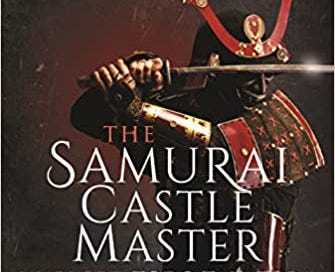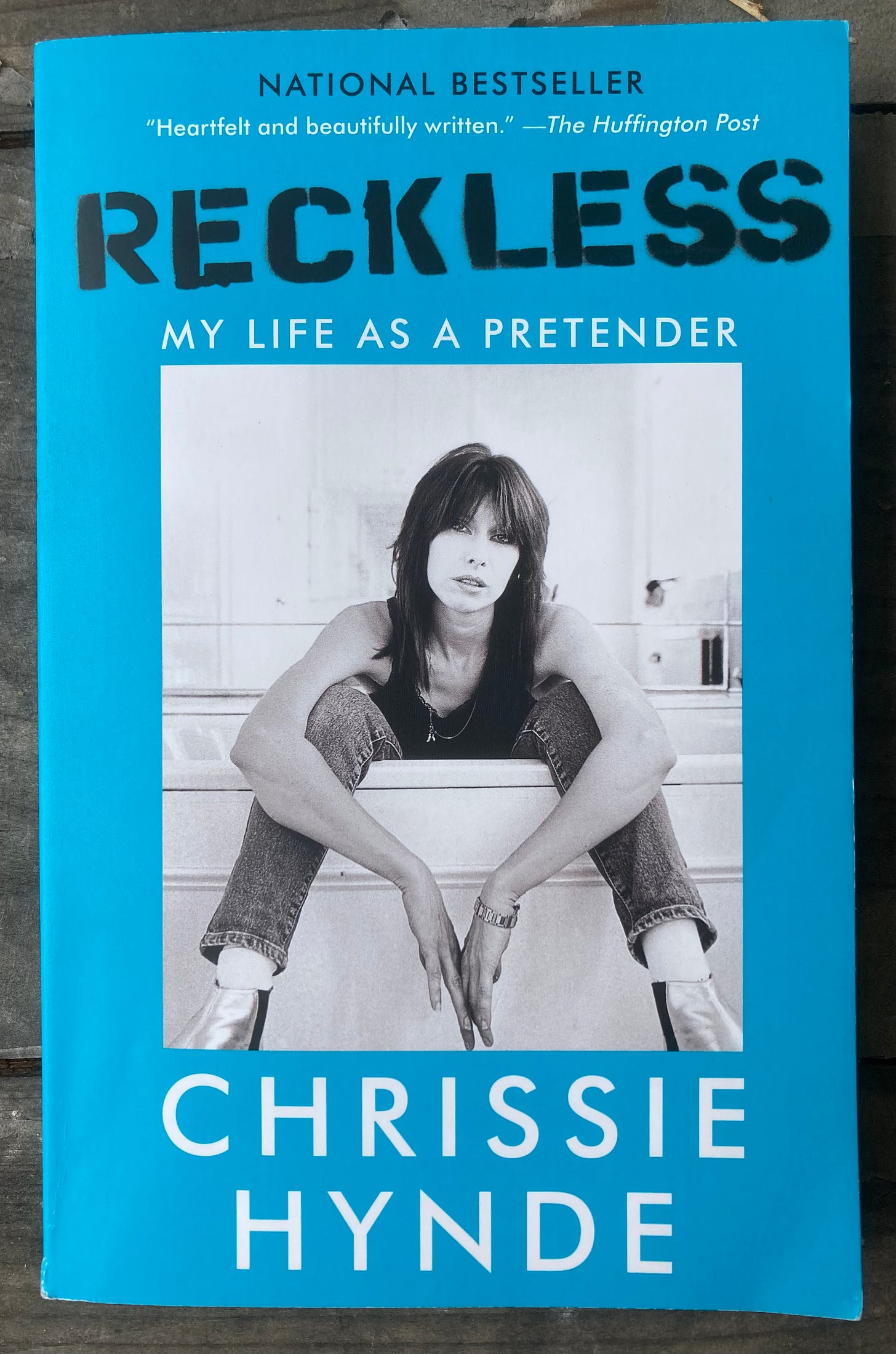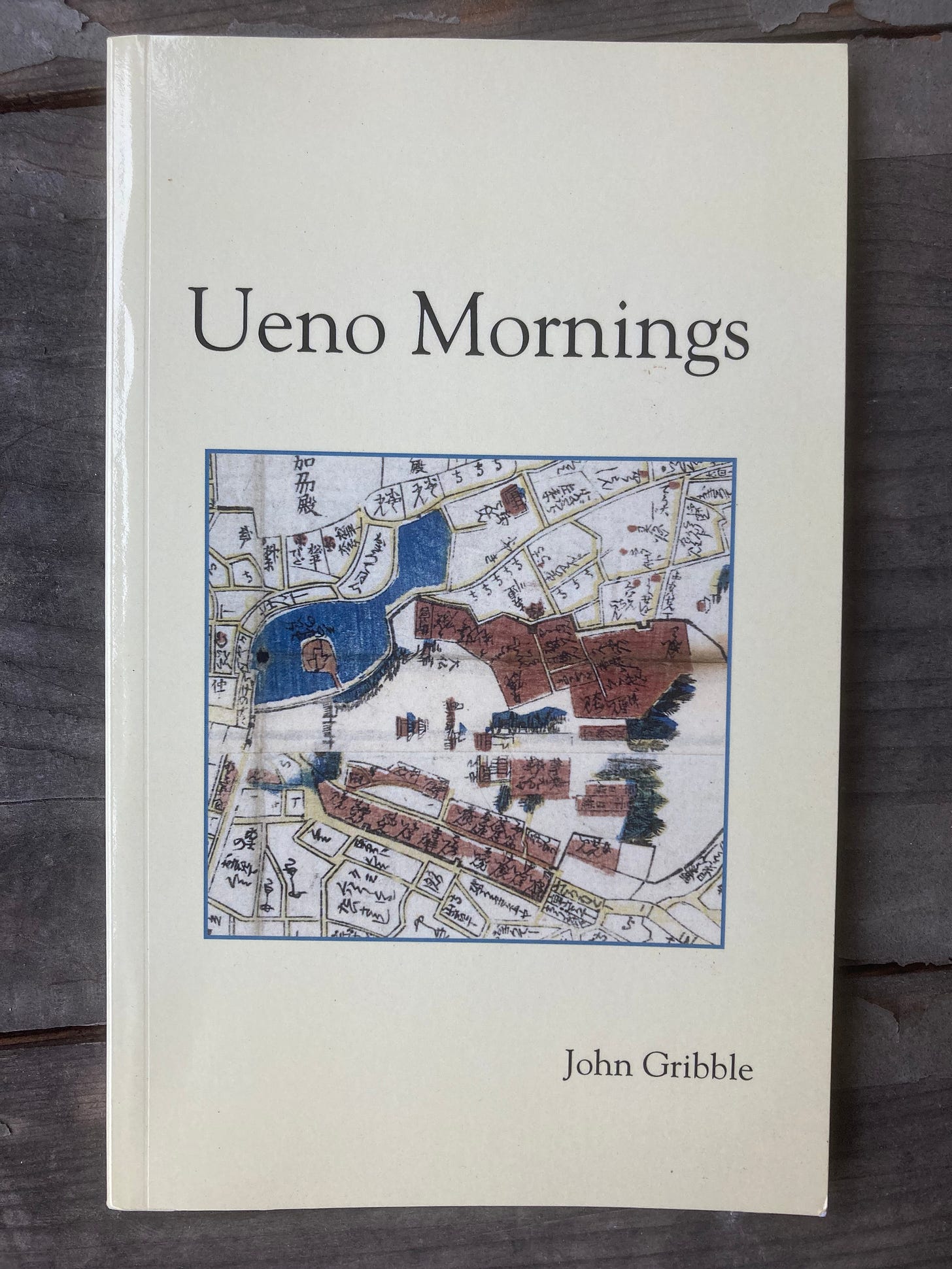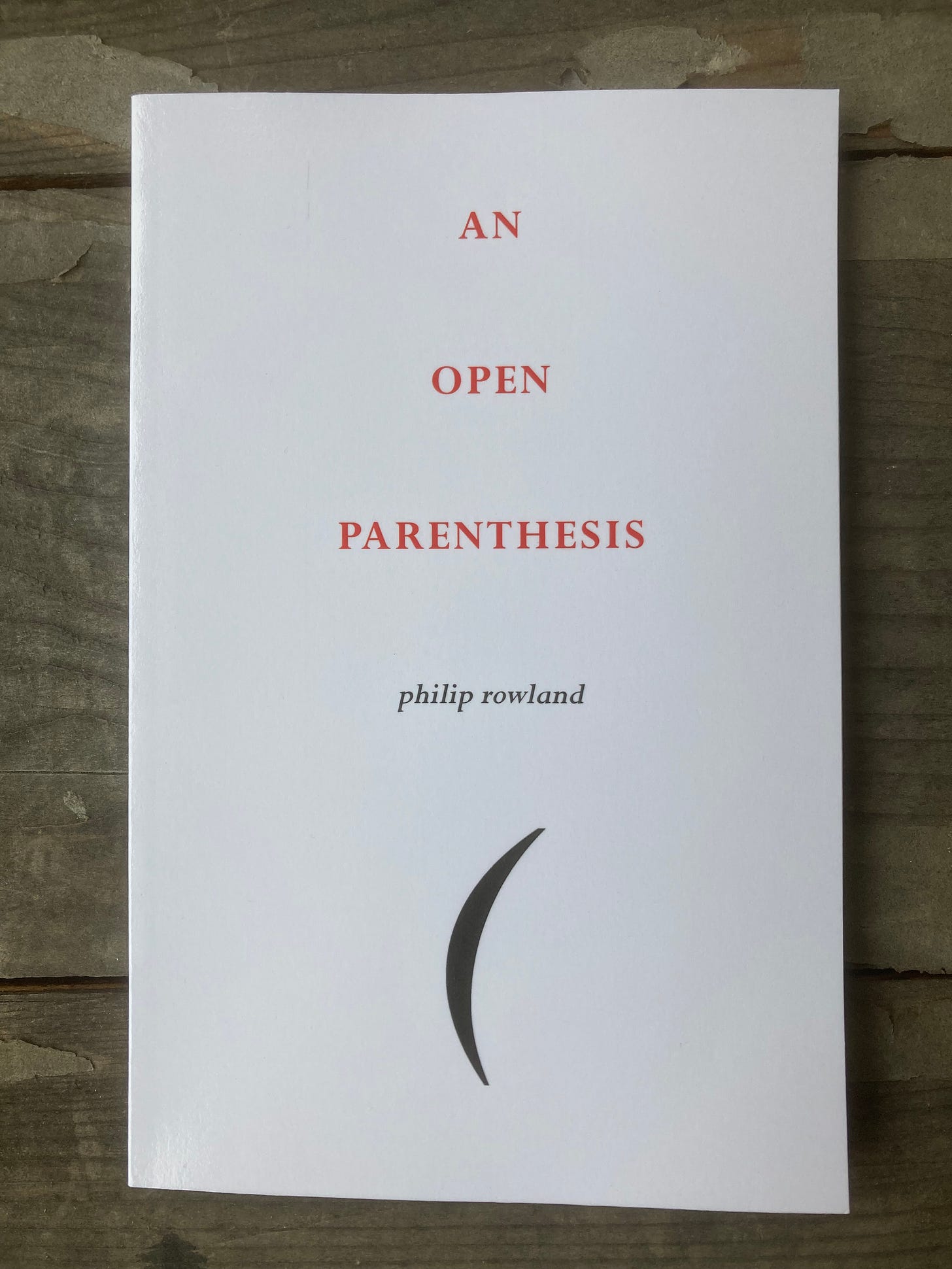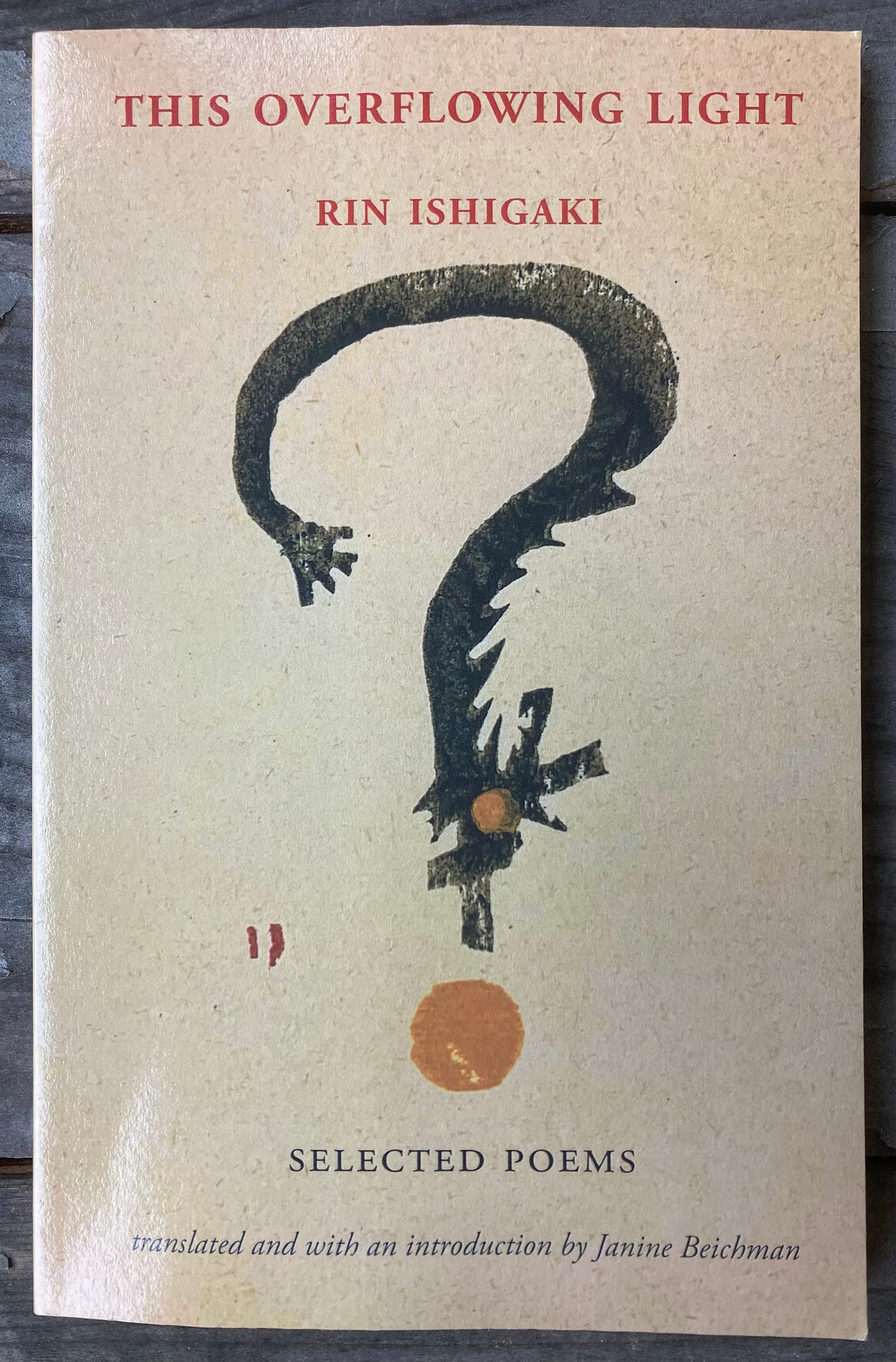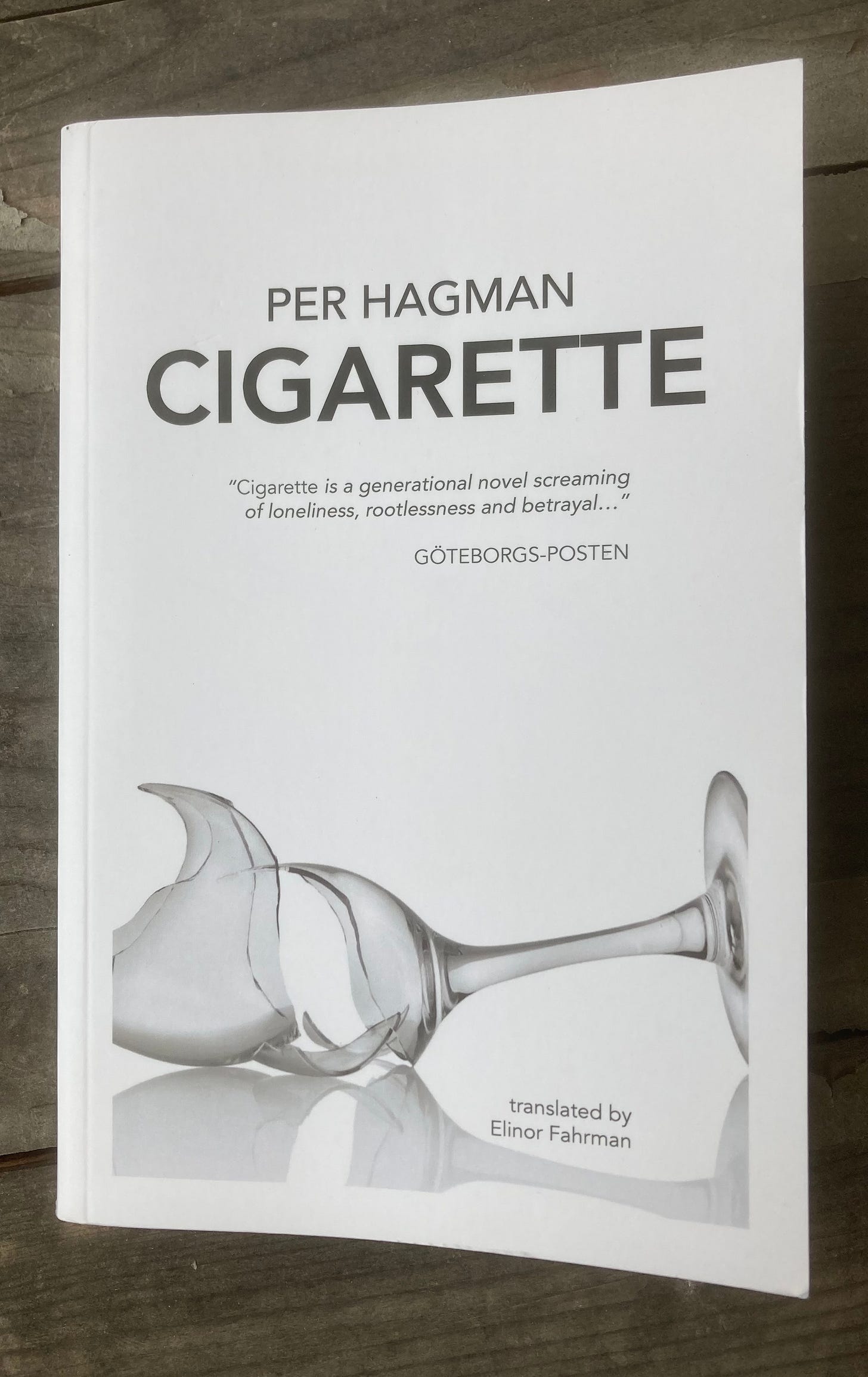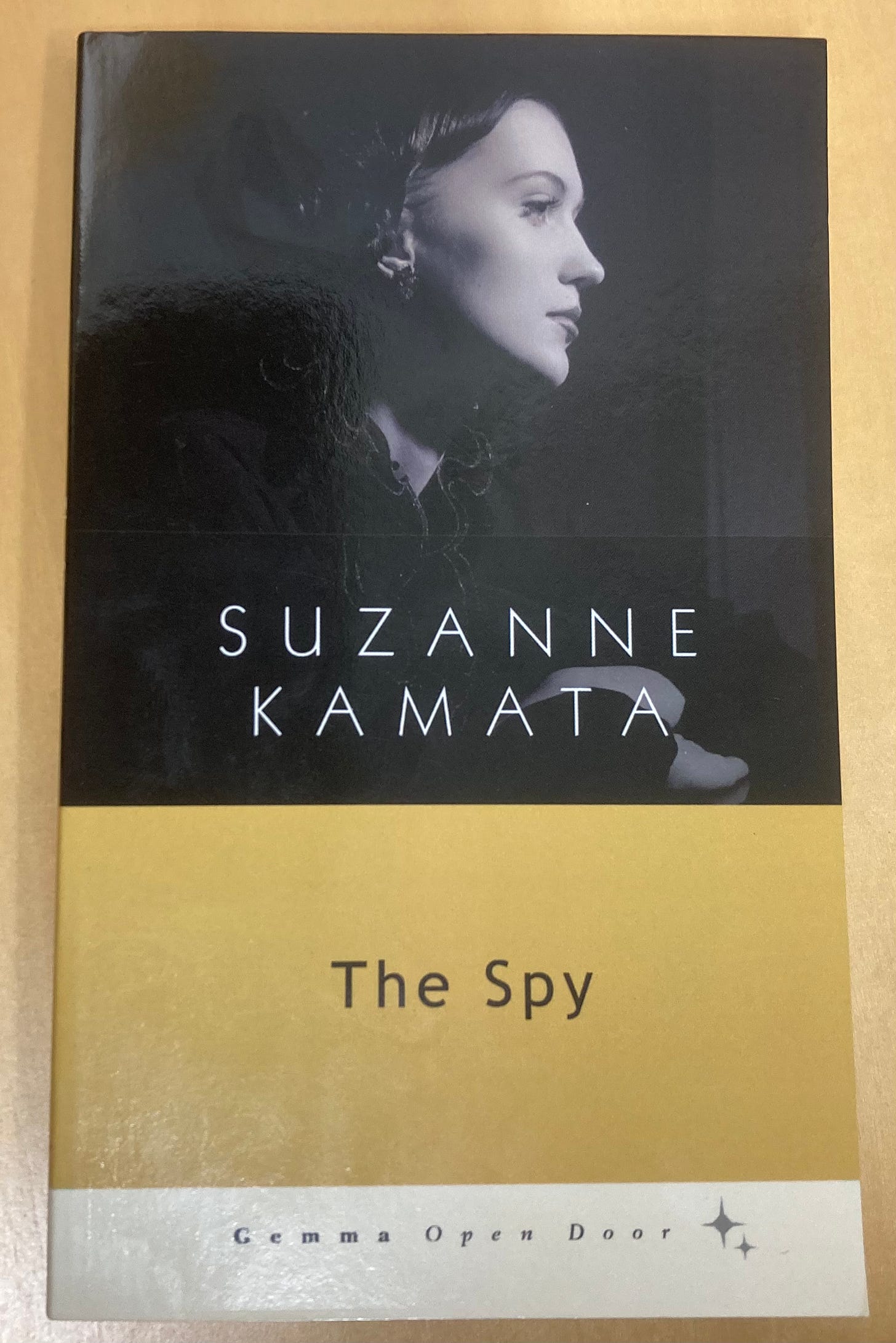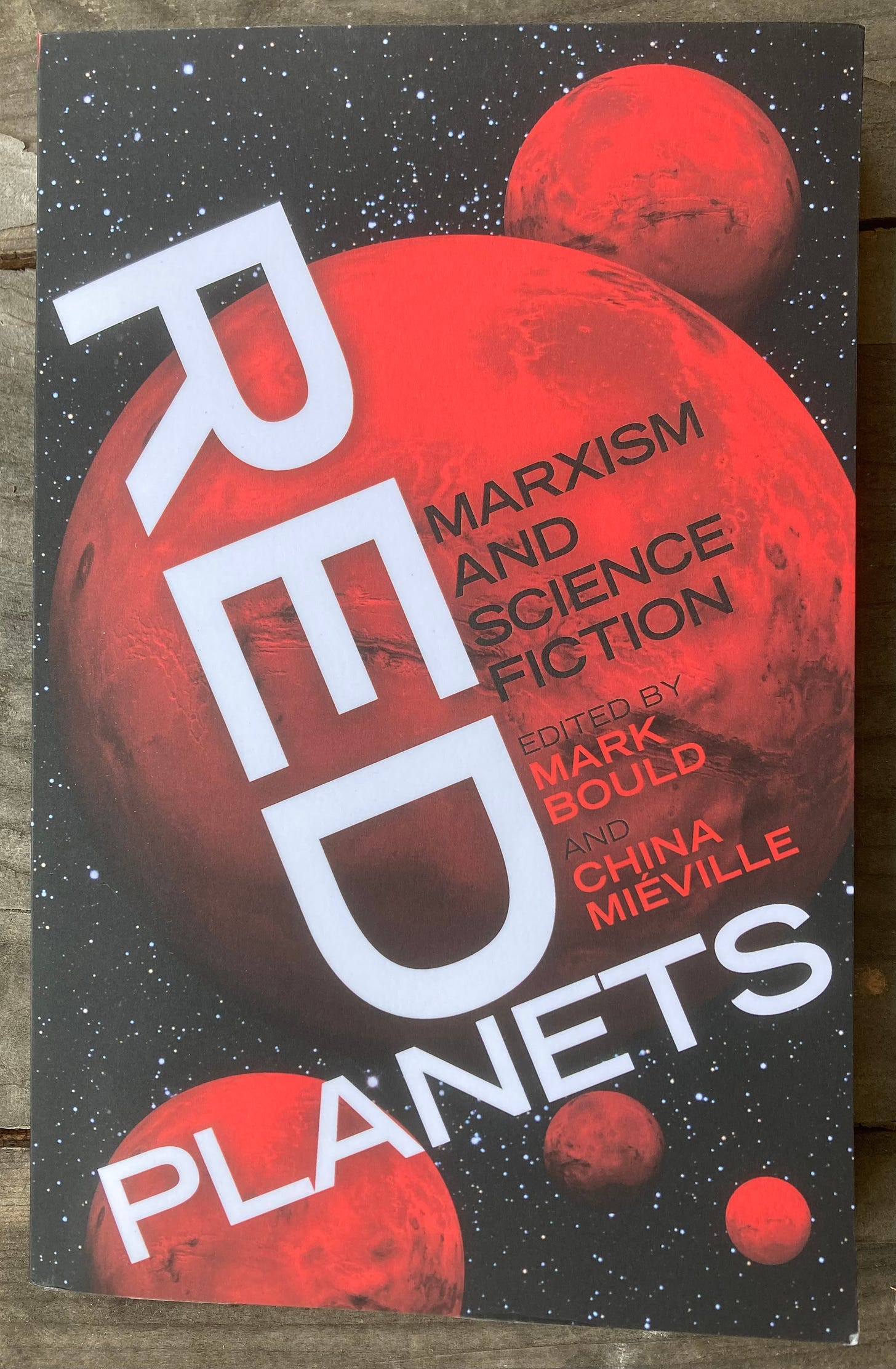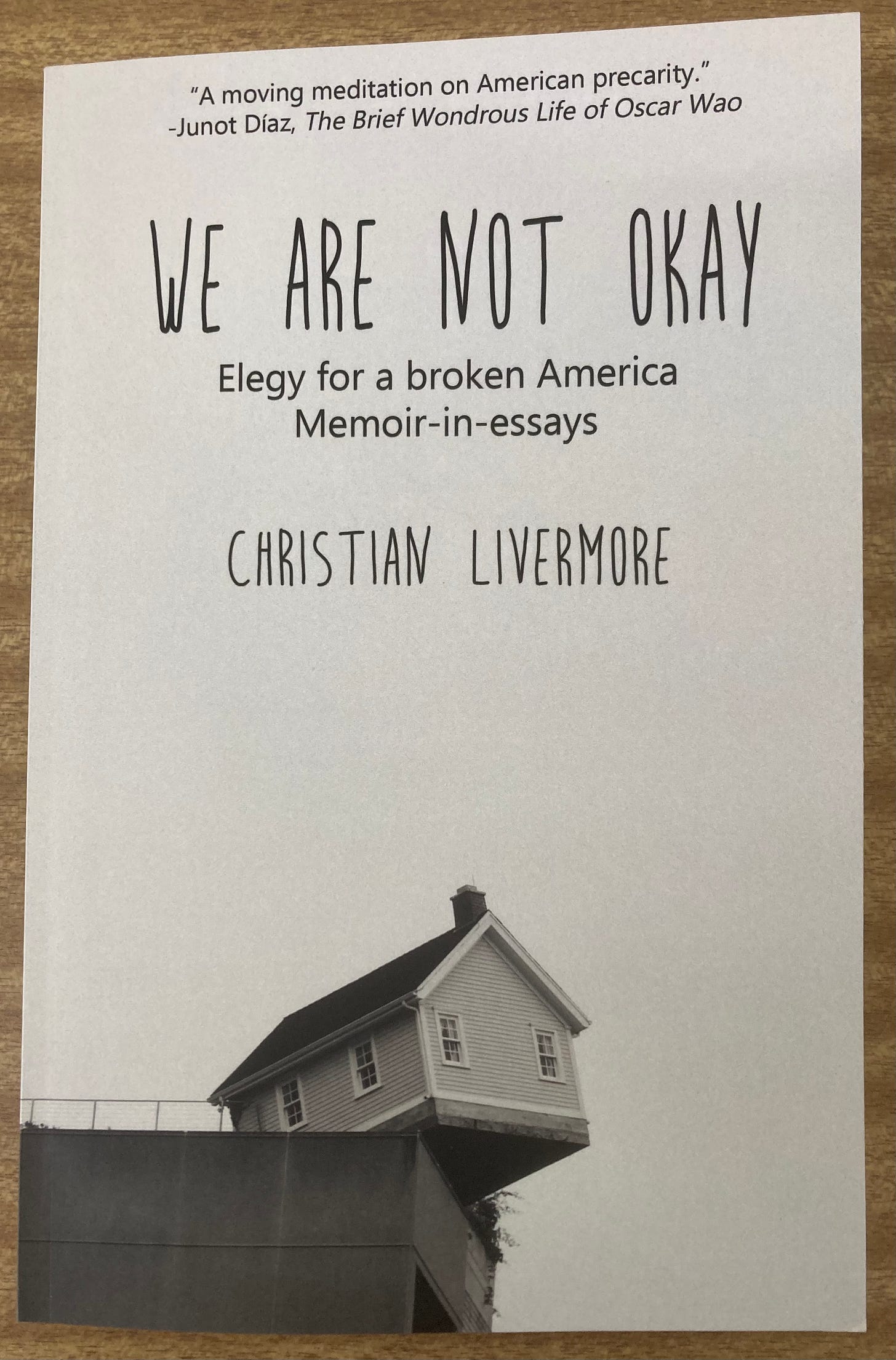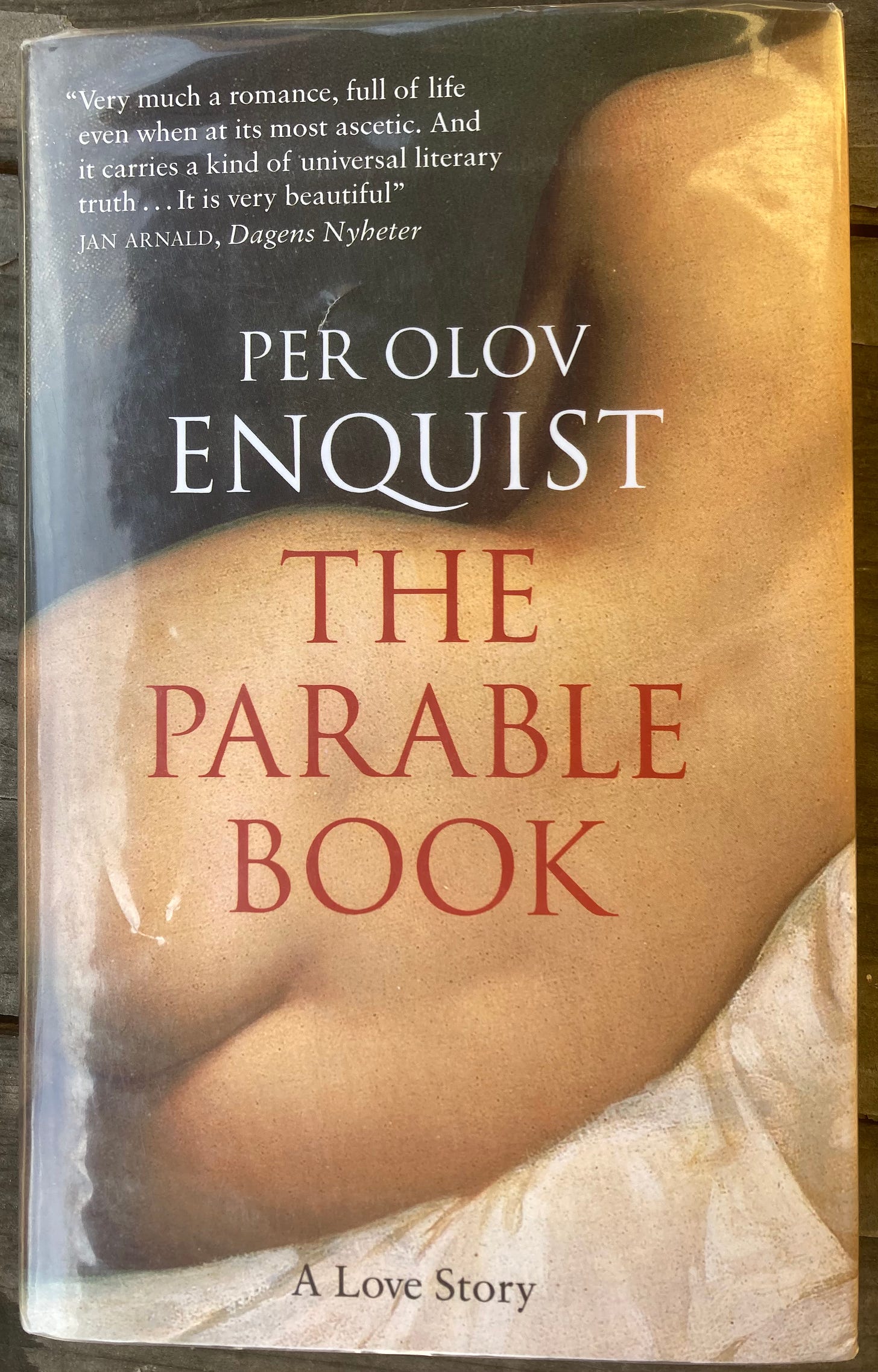October Reads
Last year I interviewed Chris Glenn, historian, radio and TV presenter and general nice guy, about his book on Sekigahara for the Japan Times. I was therefore delighted to get an ARC of his follow up about Todo Takatora, warrior, castle builder and all-round renaissance samurai. Written in Glenn’s clear style and firmly putting Toda into his historical context, this is a great book for anyone looking to learn about a forgotten and misunderstood figure or get an overview of the move from civil war to Tokugawa peace. I’ll be reviewing this for the paper too, so keep an eye out.
Sticking with non-fiction, I took up Chrissie Hynde’s excellent memoir, Reckless. I’ve long been a fan of the Pretenders, though mostly as a greatest hits band than anyone I’ve done a deep dive on. However that all changed when I watched Danny Boyle’s recent series Pistols. I don’t think it was as bad as everyone else made out (that’s not a high bar) but one definite positive was the foregrounding of the women involved in the early punk movement, and that of Chrissie Hynde in particular. I have to admit that took me by surprise (that Hynde was involved, not that women were involved) and instantly piqued my interest in her life. I knew she’d been at Kent State for the shootings, and now here she was working in SEX for Vivienne Westwood and teaching Steve Jones to play guitar. How is that possible? Turns out that was just the tip of some serious Forrest Gump level appearances at historical moments. It’s also a pretty brutal look at what it was like being a young woman around the rock scene in the 70s. Reckless is an apt title but Survivor would have worked just as well. I’ve had the first Pretenders album on a loop all week.
October saw the welcome return of the Japan Writers Conference as a face-to-face event. I love this weekend, one of the highlights of the year and after two years online, getting to hang out with old friends and make new ones while talking about books, writing, editing, publishing and all manner of good-natured nonsense was nothing short of delightful. I sold a few books and picked up a few more including Ueno Morning by John Gribble, a collection of haiku-like poems (after years of writing these myself I still need a better name than “haiku-like”) written over years of walking to work through Ueno Park in Tokyo. Does what it says on the tin: great stuff.
Another short poem specialist, this is the second of Philip Rowland’s collections I’ve bought and one of a bundle of books from Isobar Press I took home with me. If short, crafted, witty, deep poems are your thing then Philip is for you. I can also confirm that he is a great live reader of his work.
Janine Bachman’s translation of Rin Ishigaki’s poems was another excellent book from the Isobar table at the conference. Janine spoke eloquently about Ishigaki, a poet I knew little about, and the book lived up to her hype. Ishigaki was a political writer, tackling issues such as feminism, poverty, and the strictures of Japanese society in a powerful, angry, witty voice. I can see myself revisiting this over the years, and maybe even using it in my poetry classes.
Next up from the ever-reliable Nordisk was Cigarette by Per Hagman. Set in Sweden in the 80s and told from the point of view of Johan, a waiter at the Hard Rock Cafe in Stockholm who spends his time on an endless and increasingly depressing cycle of sex, drugs and rock n roll videos (I never thought I’d actually be nostalgic for MTV but I actually had a pang for lazy afternoons watching Whitesnake videos). Very little happens and what does is repetitive, which is the entire point. Few of the characters get anything like a backstory because friends for Johan are really just people you get high with to pass the time; the important people keep leaving to get on with life. The sadness of the book is that Johan isn’t having any fun at all but can’t seem to find the energy to break the loop. Formally and stylistically excellent, it reminds me a bit of early Murakami Ryu or Kanehara Hitomi, the emptiness of nihilism, the downward spiral of pleasure seeking. Also I’m a sucker for a book that ends on an unfinished sentence.
Another book from the JWC was Suzanne Kamata’s The Spy. It’s the story of an American woman spying on the Germans in World War Two, loosely based on the real life case of Gertrude Sanford Legendre. I’m not going to review it as I’m not the target audience - it’s aimed at young readers or those learning English as a foreign language - but I’ll definitely be using it with my students in the future as it’s packed with interesting detail, has a strong story and is perfectly pitched for my students.
This collections of essays from Pluto Press is not exactly light reading but is fascinating, and feeds into an idea for a paper I have kicking around. I expect this to sit in the back of my mind for a year or two until something suddenly blossoms.
Cheating a little, because I read an advanced electronic copy of this months back, but my physical copy finally arrived so I’m including it in October’s round up. Christian is a friend and an excellent writer. I’ve worked with her many times over the years, editing each other’s work, so it’s great to see this collection of powerful essays about the state of the union out in the world. An important, moving, unflinching look at poverty in the biggest economy in the world from someone who experienced it first hand. Get on it, folks.
Finally, my ongoing exploration of Per Olov Enquist continued with The Parable Book. Enquist is a puzzle to me, a writer who attracts me first from an aesthetic, intellectual angle, which is not to say that his writing is poor or his stories uninteresting. Far from it. His approach to the novel, and to writing in general, hints at revealing something fundamental about the form of the novel, something I am endlessly fascinated by. I first learned about Enquist from a journalist, Christoph Neidhart, who mentioned him in connection to Enquist’s theory of “compost aesthetics”, which in a sense just means recycling but more specifically means returning to themes and stories at different points in your life. The Parable Book is a perfect encapsulation of that. The main theme is the author looking back on his first love from the vantage of old age and reassessing the impact that meeting had on his life. As always with Enquist it involves digressions into other topics, specifically here his religious upbringing, his father’s death, and the events that led to him writing the play The Hour of the Lynx. As I said, his approach to the novel is unique, puzzling, instructive, and this contains a conversation about that process, oil to the fanboy chains. The more I read, the less I understand, but the closer I feel I’m coming to some sort of epiphany. Onwards.

